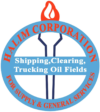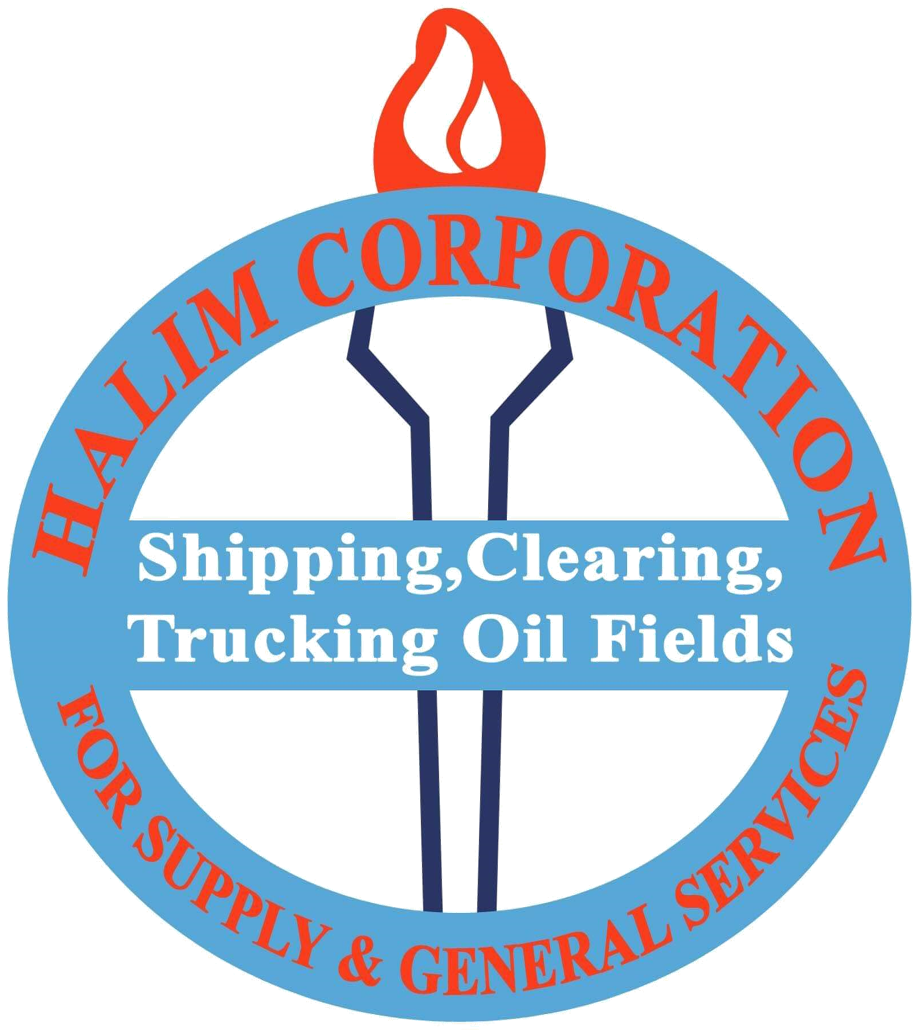- On-demand Video Courses
COVID-19 Guidance for the Transportation Sector
This guidance will assist the transportation sector, including transport authorities, companies, independent or informal drivers, and passengers, in addressing coronavirus disease 2019 (COVID-19) for different outbreak phases as defined in the Africa.

All outbreak stages (Phases 0–4)

Passengers and staff should wash their hands before and after they have been on public transport, use non-contact greetings and cough into a tissue or elbow.

Passengers and staff should not travel if they are feeling unwell with symptoms of COVID-19, even if these symptoms are mild.

Ensure procedures are in place in case someone becomes unwell with symptoms of COVID-19, at a transport hub or on their journey, including:

a designated place for the individual to be apart from other staff and passengers;

use of a medical mask to prevent spread from the infected person.
Early stage and expanding outbreak (Phase 1–2)
In addition to the above measures:
- Transport authorities, companies and passengers should minimize non essential travel between towns, cities and regions, except for essential goods and services.
- Aim to maintain at least one meter distance between each passenger while queueing and travelling.
- Mark one meter gaps on the floor with chalk/markers to encourage safe distancing in queues.
- Limit the number of sitting passengers per vehicle to maintain at least one meter distance between passengers; consider banning standing passengers and seated occupancy to 50% of the normal capacity of the vehicle; if travelling in a taxi/tricycle, passengers should sit in the back and preferably only sit close to someone from their own household.
- Increase ventilation during journeys by opening windows.
- Clean and disinfect frequently touched surfaces between each journey using detergent followed by household disinfectant (0.05% sodium hypochlorite) or disinfectant wipes. Frequently touched surfaces include: door handles (internal and external), hand rails, seats, seatbelts, head rests, window controls, trunk/boot lid, steering wheel, dashboard, control buttons, motorcycle/ tricycle handle bars.
- Consider the use of face masks for staff, especially where physical distance cannot be maintained;
Advancing and large outbreak with nationwide transmission (Phase 3–4)
In addition to the above measures:
- Transport authorities, companies and passengers should minimize use of public transport and only take essential journeys.
- Transport authorities and companies should maintain sufficient services for essential businesses, including to facilitate access to food, medical services and social support, ensuring the all the above precautions are in place.
- Everyone should limit to only essential journeys and strictly follow the precautions described above regarding physical distancing and hygiene.

